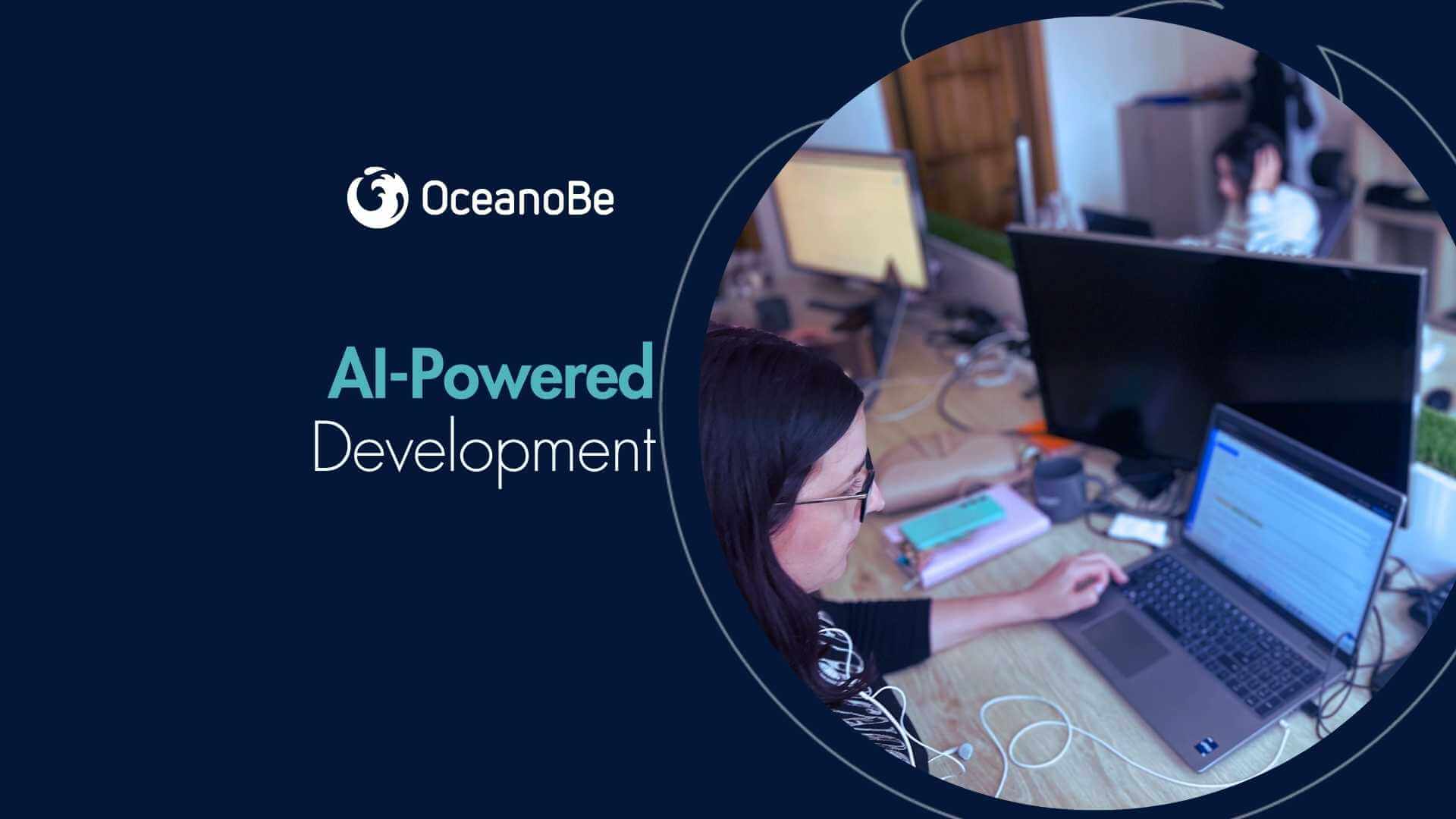AI-Powered Development
How GitHub Copilot and CodeWhisperer Are Transforming Workflows
How GitHub Copilot and CodeWhisperer Are Transforming Workflows

AI coding assistants are no longer experimental tools—they’re becoming everyday companions for developers. Platforms like GitHub Copilot and Amazon CodeWhisperer are reshaping how teams write, review, and maintain code. For banks and fintechs, where efficiency must coexist with compliance and reliability, these tools present both enormous opportunities and important challenges.
From Boilerplate to Business Logic
One of the clearest advantages of AI assistants is in boilerplate reduction.
Setting up REST APIs, wiring logging middleware, or scaffolding unit tests—tasks that once drained hours—can now be generated in minutes.
Developers spend less time on repetitive patterns and more time refining domain-specific financial logic, like payment orchestration or KYC flows.
In fintech projects, this shift means faster delivery of regulatory features without sacrificing engineering bandwidth on routine coding.
Accelerating Code Reviews and Collaboration
AI tools don’t just write code—they explain and refactor it. In practice, this changes workflows in three ways:
Smarter Code Reviews – Assistants can flag potential bugs, performance bottlenecks, or even insecure handling of financial data before human review.
Team Collaboration – Junior developers get real-time guidance, effectively turning Copilot into a mentor for best practices.
Knowledge Transfer – Large fintech codebases often outlive individual contributors. AI assistants can help decipher legacy banking systems by suggesting intent and usage patterns.
For distributed engineering teams, this accelerates onboarding and reduces knowledge silos.
We’re seeing three categories of real-world adoption:
Automatically generating SDK wrappers and API calls for multi-rail payment networks or PSD2-compliant flows.
Suggesting template code for PCI DSS–compliant data storage, or integrating with KYC/AML providers.
Generating property-based tests or mocking transaction scenarios, improving coverage for edge cases often missed in financial logic.
These aren’t futuristic scenarios—they’re already happening inside engineering teams working on banking-grade platforms.
Despite the upside, regulated industries must proceed carefully.
Developers risk deferring too much judgment to AI, producing code they don’t fully understand. For financial systems, this is unacceptable—human oversight remains mandatory.
AI models are trained on public repositories, which may include flawed patterns. Blindly following generated code could import hidden vulnerabilities.
Financial institutions must evaluate the licensing implications of AI-suggested code, as well as whether sensitive data (like customer details) might leak into AI prompts.
For fintech teams, governance frameworks around AI-assisted coding are not optional—they are essential.
The most effective engineering organizations are not asking “AI or human?” but rather “AI + human.”
Best practices we recommend include:
This hybrid model ensures that AI remains a multiplier, not a substitute, for engineering expertise.
AI-powered coding assistants are transforming software delivery across industries. In banking and fintech, they promise faster iteration, better testing, and improved developer experience—but only if paired with strong compliance, security, and governance practices.
At OceanoBe, we see AI as augmenting developer skills—allowing engineering teams to spend less time fighting boilerplate and more time building resilient, compliant, and innovative financial systems.
The future of fintech won’t just be AI-powered code. It will be human-AI collaboration at scale.